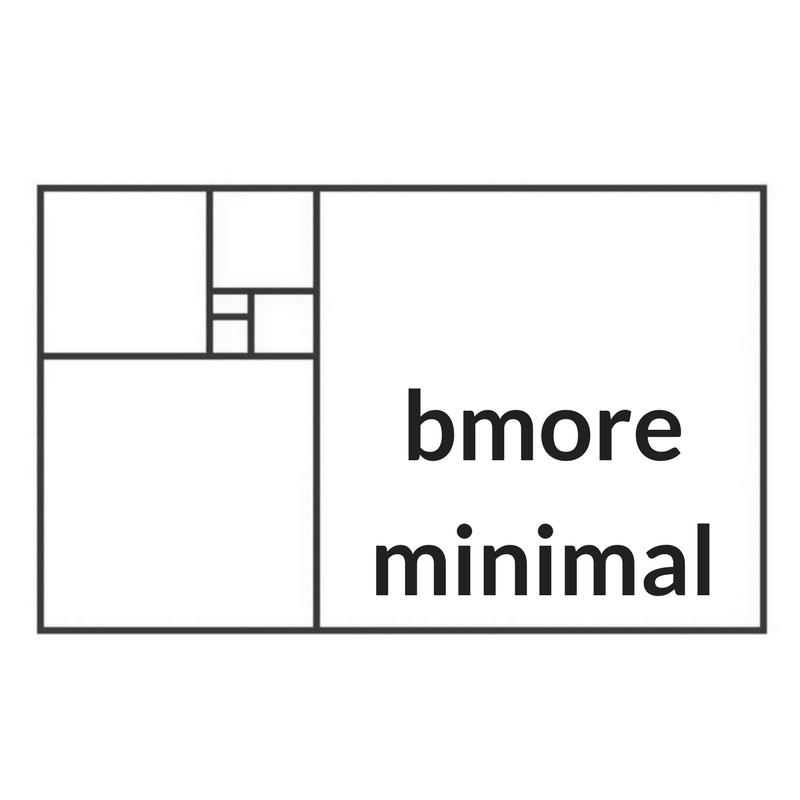Marie Kondo has a rule about coins: they belong in your wallet.
Not a jar, not a bowl, not a piggy bank. Your wallet, exclusively.
I resisted this at first because I liked the thrill of dumping a huge jar into a Coinstar machine, eagerly awaiting the total. It felt like I was getting free money, because a coin or two seemed worthless but by amassing hundreds of these little metal disks I could get triple digit dollars!
But sure enough, I’ve come around to the Konmari view of coins. Here’s why:
Storing coins somewhere in my home means I have to store coins somewhere in my home. I need to have a container, and that container needs to live somewhere, either in prime real estate that should be dedicated to something else or, heaven forbid, on a surface.
Schlepping coins to a Coinstar feels like a chore. The jar is heavy, the machine takes a while, and I find I always have to re-feed perfectly good legal coins into it after they’ve been initially rejected. Plus, if someone is waiting behind me I’m filled with the same anxiety that befalls me when I'm trying to parallel park in front of a line of cars. I’d rather spend that time looking at the houseplants on offer. (But not buying any, because houseplants are currently on my NOPping list.)
Coinstar takes a cut unless you redeem your coins in the form of a gift card. But the only option for a gift card is currently Amazon, which I’m trying to avoid in favor of supporting local and independently owned businesses. (For what it’s worth, Coinstar also allows you to donate money to several charities)
Coins are not free money. Treating them like they just fell from the sky leads me to spend irrationally. Coinstar and retailers that install the machines bank on this. From the Coinstar website: “Research shows consumers make special trips to visit retailers with a self-service coin-counting solution, and 79% of consumers who cash in a Coinstar voucher spend more than half the cash they received on in-store purchases.” How many of those in-store purchases were impulse buys not on the Shopping List? I shouldn’t go spend “Coinstar cash” on some fancy gelato and “cash cash” on ingredients for actual meals. In reality, coins are just fractions of dollars that I’ve worked hard to earn. I should value them as such, budget them as such, spend, save, and invest them as such, and store them with my other money.
So, coins live in my wallet now. I budget them like I do my other real money, using my cash account set up in YNAB. I leave handfuls of them in tip jars. I overfeed parking meters so I feel less rushed having a meal at a restaurant or running errands. I spend them at independent stores whenever possible. I basically try to align my coin spending with my values the same way I try to align my cash or card spending with my values, because any distinction only ever existed in my perception. (And because handing over exact change feels so satisfying.)
If you have a container collecting coins (and dust) in your home, head to the Coinstar machine one last time, let Coinstar take their cut for their services, cash out, and head to a local and independent boutique to pick up a lovely wallet with a zippered coin pouch. (Or if you already have a great wallet, use it to pay your water bill.)
Then recycle the coin container for good.
